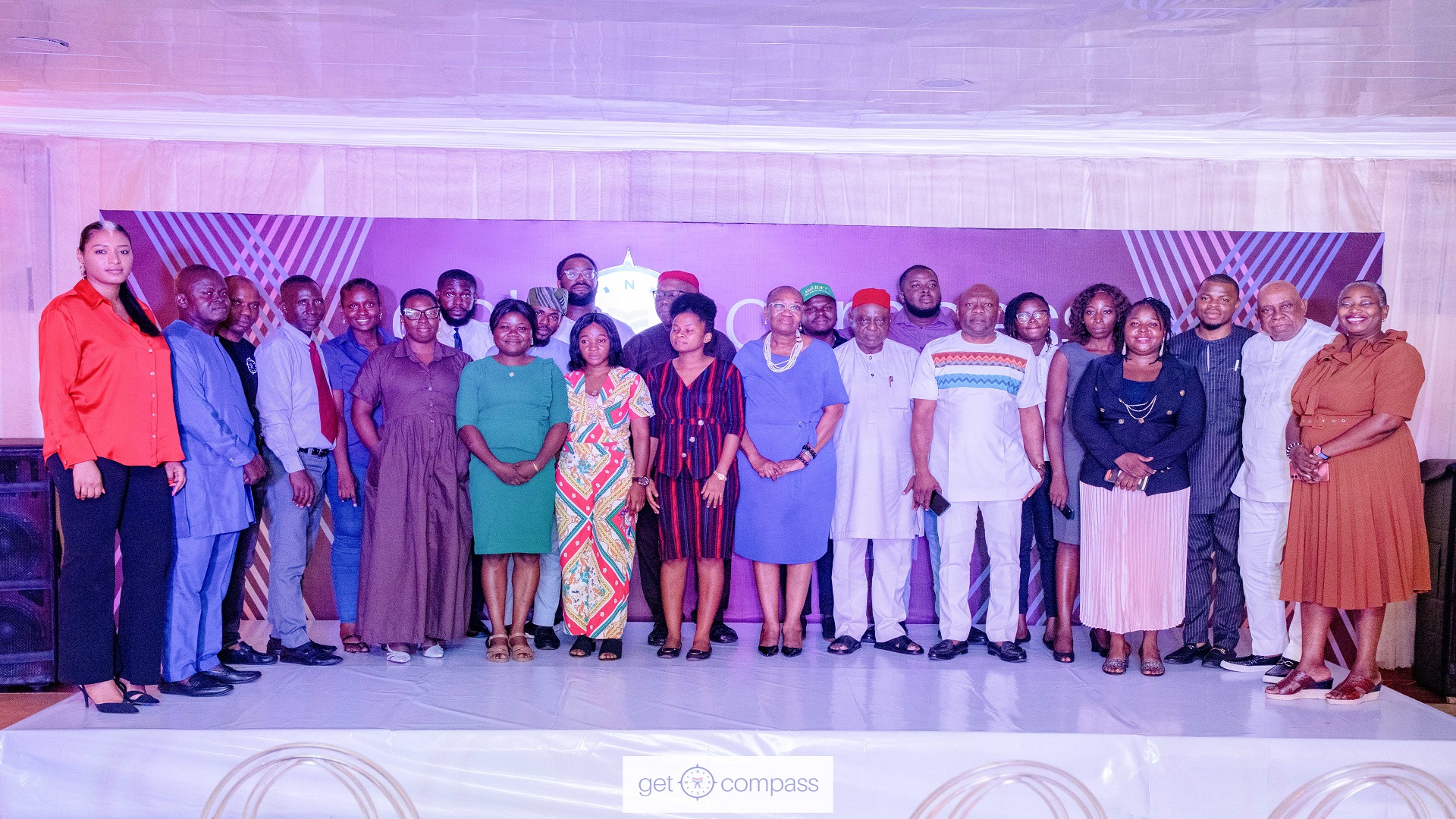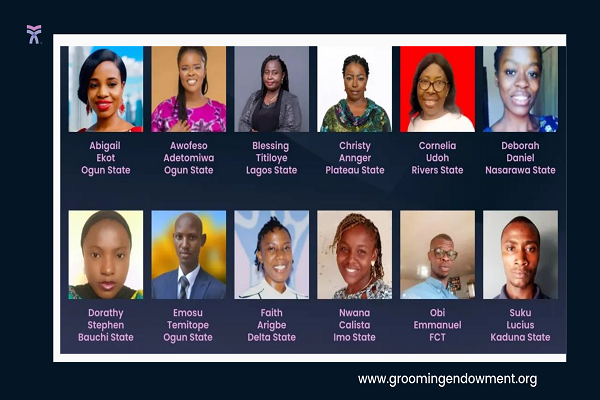The Untold Struggles of Teachers in Nigeria: Navigating the Challenges
Posted By Nimat Asunogie, Friday, February 2, 2024Teaching is often touted as a noble and rewarding profession, often ranked with doctors and nurses as the heroes of a nation.
In Nigeria, despite the noble efforts of teachers to educate the future generation, they still face a myriad of challenges from inadequate infrastructure to low salaries and cultural challenges, to address this issue on time.
The United Nations Educational, Scientific and Cultural Organization (UNESCO) recommends that 15% of the national budget in developing countries should be dedicated to education. Over the years, the percentage assigned to the education sector has hovered between 6 to 8% with it currently being 6.39% for 2024, a far cry from the recommended 15% by UNESCO.
Some Challenges faced by teachers in Nigeria are as follows:
1. Inadequate Infrastructure and Learning Materials:
One of the most significant challenges faced by teachers in Nigeria is the lack of proper infrastructure in many schools. Many educational institutions lack essential facilities such as classrooms, libraries, and laboratories. Teachers often find themselves in overcrowded classrooms, making it challenging to maintain a conducive learning environment. The absence of basic amenities compromises the quality of education delivered and places an additional burden on educators. Underfunded teachers, especially in rural areas, may lack access to essential teaching materials to properly impart knowledge to their students.
2. Low Salaries and Financial Strain:
Despite the critical role they play in the development of the nation, many teachers in Nigeria receive low salaries that are not commensurate with their qualifications and responsibilities, especially in underserved communities. This financial strain makes it difficult for teachers to meet their basic needs, let alone invest in professional development or additional teaching resources. Some educators are forced to take on second jobs to make ends meet, leaving them exhausted and less focused on their primary role of educating the future generation.
3. Lack of Professional Development Opportunities:
Continuous learning is crucial for teachers to stay updated with evolving teaching methods and curriculum changes. However, many teachers in Nigeria face a dearth of professional development opportunities. Limited access to training programs and workshops hampers their ability to enhance their teaching skills and adapt to modern educational approaches. This lack of professional growth further affects the overall quality of education provided to students.
4. Lack of Adequate Learning Materials:
Underfunded teachers, especially in rural areas, may lack access to essential teaching materials as well as a conducive environment to properly impart knowledge to their students. Inadequate classrooms, lack of access to electricity as well as other factors contribute to a poor learning and teaching experience.
Conclusion:
While teachers are the backbone of any educational system, their struggles in Nigeria often go unnoticed. Addressing these challenges requires a comprehensive approach that includes increased investment in education, improved infrastructure, fair compensation, and enhanced professional development opportunities. Recognising and addressing the struggles of teachers is crucial for building a resilient and effective education system that can propel Nigeria towards a brighter future.
Leave a comment
Categories
Recent Post

Facts
One of the foremost obstacles confronting educators in Nigeria revolves around the inadequate infrastructure prevalent in numerous schools. Across many educational institutions, essential facilities such as classrooms, libraries, and laboratories are conspicuously absent.
Stay Updated
120 Ikotun Egbe Road, Ejigbo, Lagos
Getinfo@groomingendowment.org
+234 9087966322
Company
©2024 Grooming Endowment Trust. All Rights Reserved. Designed by Mquid Integrated Solution Limited


